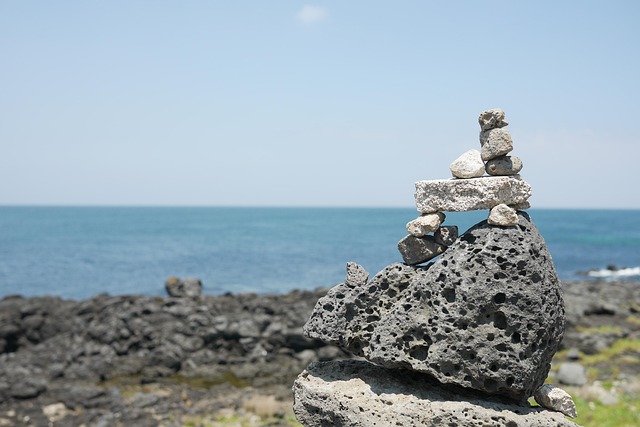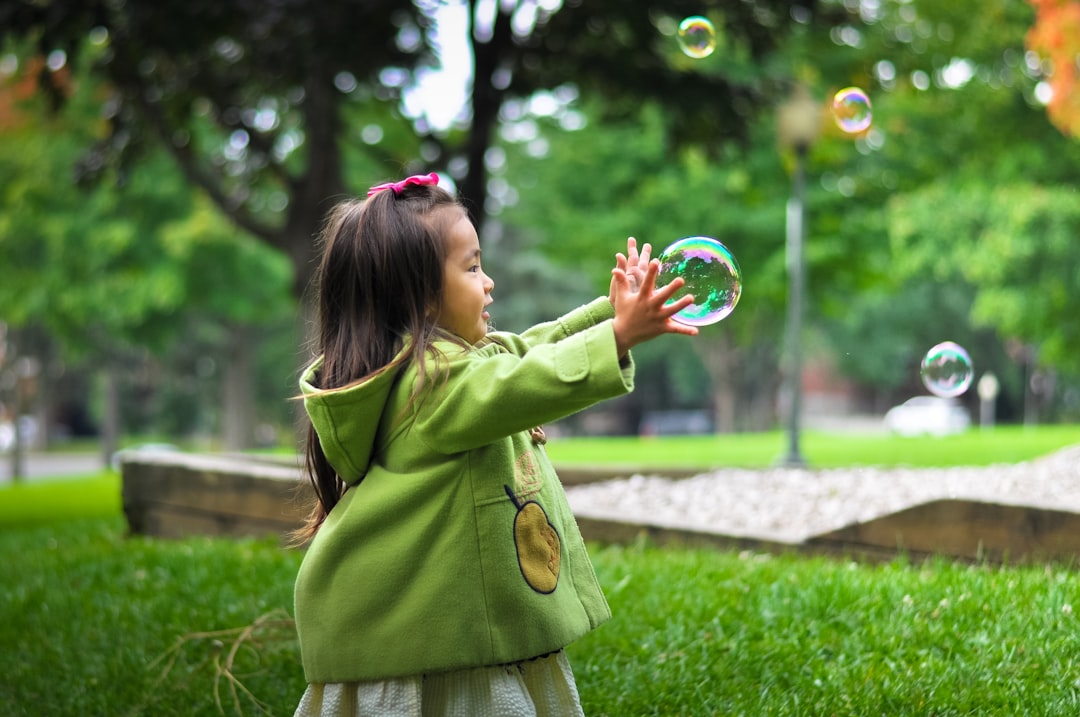Child marriage remains a concern in Cranston, Rhode Island, despite its illegality statewide. Cultural norms, family dynamics, and economic pressures contribute to this issue. Child abuse attorneys in Rhode Island play a crucial role in identifying and protecting vulnerable youth, ensuring their rights are upheld, and offering legal aid to survivors of child marriages. Addressing this problem requires a multi-faceted approach involving support services, education, community involvement, and legal intervention from child abuse attorneys Rhode Island.
In Cranston, Rhode Island, understanding the link between child marriage and abuse is crucial for community safety. This article explores the prevalence of child marriage in the city, delving into legal protections offered by state laws aimed at preventing and addressing child abuse. We also present strategies to combat this issue and support victims, highlighting the role of child abuse attorneys in Rhode Island who specialize in these cases. By examining these aspects, we aim to shed light on a critical societal problem.
The Prevalence of Child Marriage in Cranston, Rhode Island
Child marriage, a deeply concerning issue, has been prevalent in Cranston, Rhode Island, for many years. Despite its illegal status across most states, including Rhode Island, where the legal age of consent is 16, instances of child marriages have been reported within the community. This phenomenon often occurs due to various social and economic factors, such as cultural traditions, family pressures, and poverty.
Cranston’s child marriage rates, while not exceptionally high compared to some other areas, highlight a critical need for awareness and intervention. Child abuse attorneys in Rhode Island play a vital role in identifying and safeguarding vulnerable youth caught in these situations. They work tirelessly to ensure the protection of children’s rights and provide legal support to those who have been abused or exploited through early marriages.
Legal Aspects: Child Abuse Laws and Protections in RI
In Rhode Island, child abuse is taken very seriously and is governed by strict laws designed to protect minors. The state’s definition of child abuse includes physical, sexual, emotional, and neglectful actions that cause harm or potential harm to a child. Child abuse attorneys in Rhode Island play a crucial role in advocating for victims, ensuring their safety, and holding perpetrators accountable. These legal professionals are well-versed in the state’s child protection laws, which include specific provisions against marriage of minors.
The age of consent and marriage laws in RI clearly stipulate that individuals under a certain age (typically 16 or 18) cannot legally marry without parental consent. Child abuse cases often involve situations where young girls are forced into marriages, leading to severe emotional and psychological trauma. Rhode Island’s child abuse laws not only prohibit such practices but also offer legal remedies for victims, including protection orders and criminal charges against perpetrators.
Strategies to Combat and Support Victims of Child Marriage and Abuse
In Cranston, addressing child marriage and abuse requires a multi-faceted approach. Support services are crucial for victims, including counseling, safe housing, and educational opportunities to help them break free from abusive cycles. Non-profit organizations and local government initiatives play a vital role in providing these resources, often collaborating with healthcare professionals and child welfare agencies. Legal intervention is another critical strategy, with the assistance of experienced child abuse attorneys Rhode Island. These attorneys can offer guidance, advocate for victims’ rights, and ensure perpetrators face justice.
Community education is also essential to combat these issues. Raising awareness about the signs of child marriage and abuse empowers citizens to intervene and report suspicious activities. Programs aimed at fostering healthy relationships and communication skills within families can prevent potential cases. Moreover, supporting survivors through legal processes and connecting them with appropriate services helps in their long-term recovery and reintegration into safe, nurturing environments.





